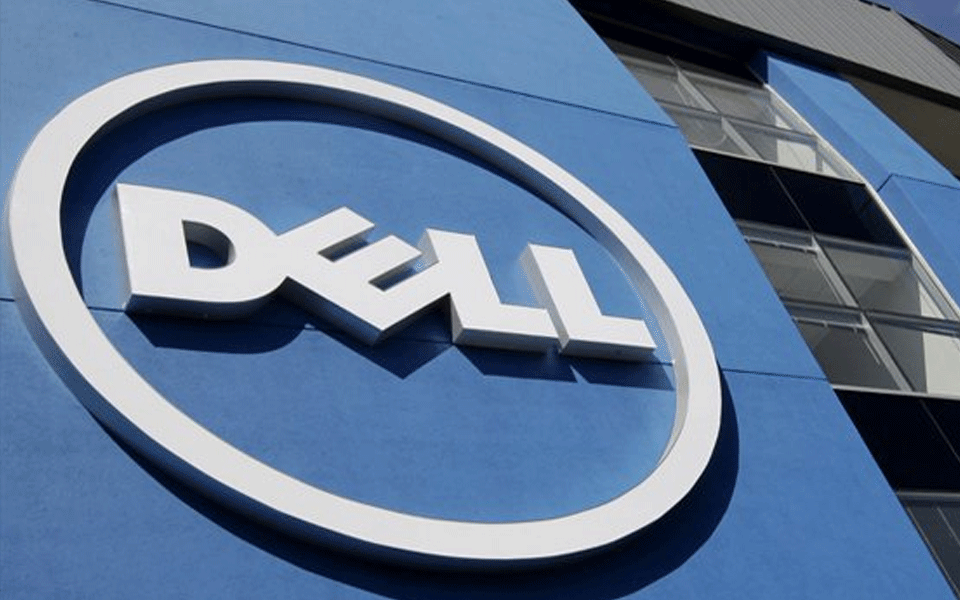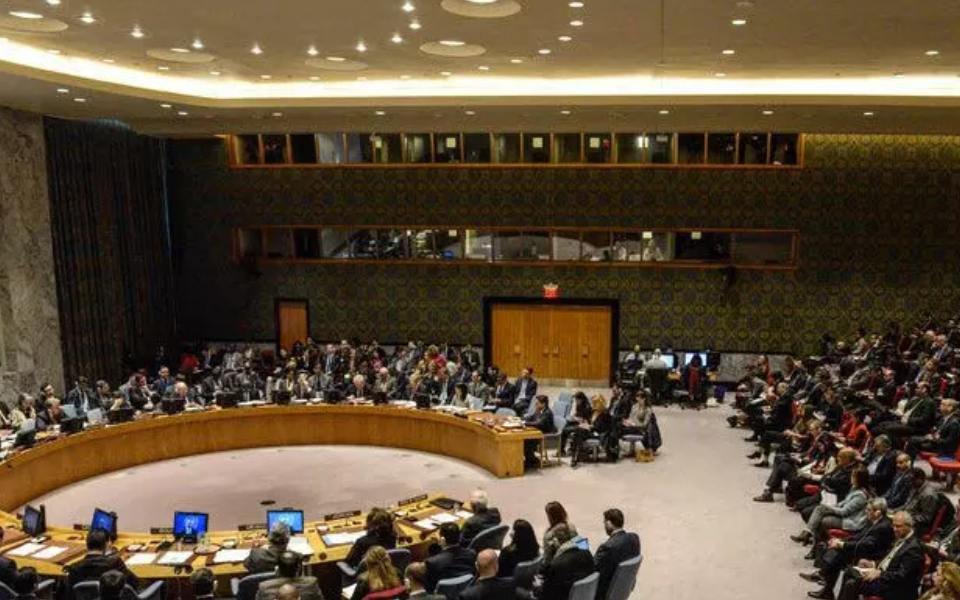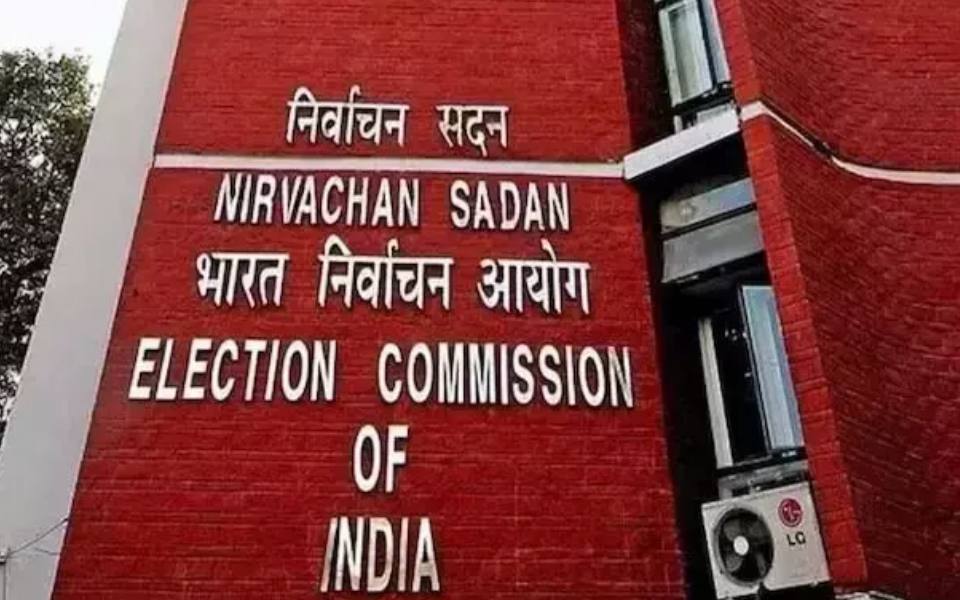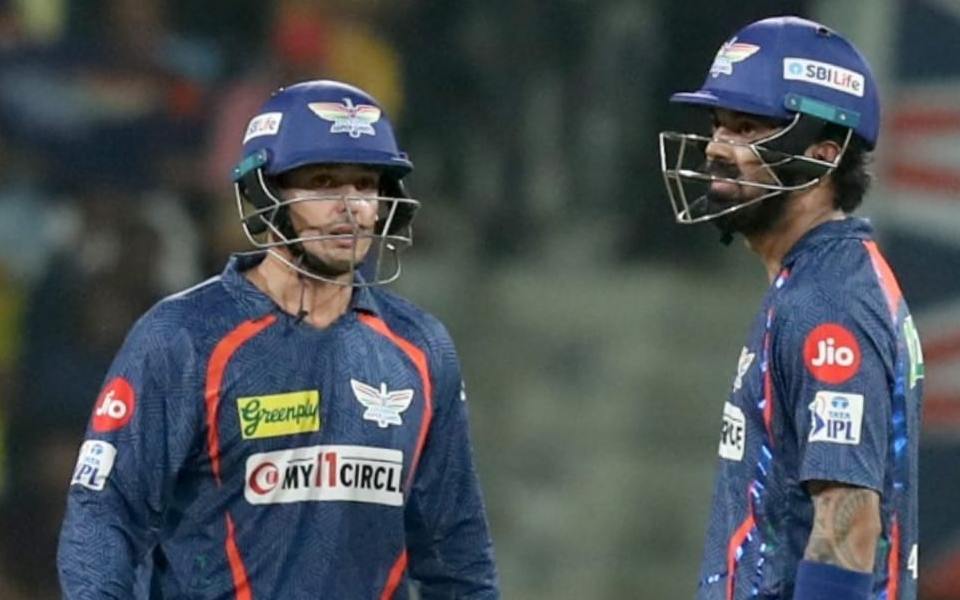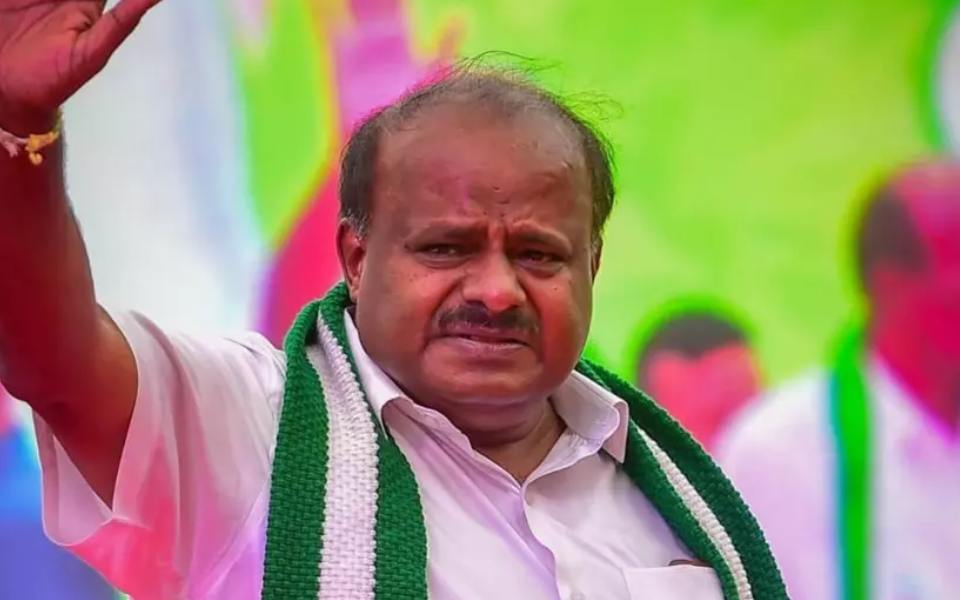New Delhi/Bengaluru, Sep 25: Most business leaders in India regard data privacy and cybersecurity concerns as the biggest barrier to their digital transformation, a new report from Dell Technologies said on Tuesday.
According to the research, 93 per cent of Indian businesses are facing major impediments to digital transformation today.
Almost half of Indian business leaders believe they will struggle to meet changing customer demands within five years, according to the report tilted "Digital Transformation Index" (DT Index).
Offering insights into the areas where Indian businesses are considering investment to drive their digital transformation, the research showed that regulation or legislative changes and lack of the right in-house skill sets and expertise are the other top concerns for Indian businesses.
The research also indicates that businesses are taking steps to overcome their barriers, along with the threat of being outmaneuvered from more nimble, innovative players.
Close to 75 per cent of Indian businesses -- 19 per cent more than in China -- intend to invest in cybersecurity in the next one to three years, according to the report.
Conducted in collaboration with Intel Corp, the research showed that 67 per cent of Indian businesses intend to invest in IoT (Internet of Things) technologies - 11 per cent more than that of Chinese companies.
While 62 per cent of Indian businesses intend to invest in multi-Cloud (7 per cent more than Chinese firms), 61 per cent of Indian businesses intend to invest in Artificial Intelligence (only one per cent more than companies in China), the findings showed.
For this study, independent research firm Vanson Bourne surveyed 200 business leaders in India from mid to large-size companies to gauge their organisations' place on the Dell Technologies Digital Transformation Index.
The global results of the report, based on 4,600 respondents from 42 countries, will be released in early 2019, Dell Technologies said.
The report said that 37 per cent of Indian businesses plan to invest in Blockchain, 31 per cent in quantum computing and 42 per cent in augmented reality/virtual reality (AR/VR) technologies in the next one to three years.
"The next digital era has arrived and it's reshaping the way we live, work and conduct business. Which means that time is of the essence. Genuine transformation needs to happen now, and it needs to be radical," Alok Ohrie, President and Managing Director - India Commercial, Dell EMC, said in a statement.
The findings showed that just 12 per cent of Indian businesses are "Digital Leaders" - companies that are digitally advanced - up from 8 per cent in 2016 when the previous edition of the report was published.
The share of "Digital Adopters" -- companies that have a mature digital plan, investments and innovations in place -- went up to 34 per cent this year, from 29 per cent in 2016.
The share of "Digital Evaluators", companies that are cautiously and gradually embracing digital transformation has grown to 40 per cent, from 37 per cent in 2016.
The percentage of "Digital Followers" (a digitally immature group) has also dropped, from 21 per cent in 2016, to 14 per cent in 2018, according to the survey.
Let the Truth be known. If you read VB and like VB, please be a VB Supporter and Help us deliver the Truth to one and all.
United Nations, Apr 19: The US has vetoed a resolution in the UN Security Council on the latest Palestinian bid to be granted full membership of the United Nations, an outcome lauded by Israel but criticised by Palestine as “unfair, immoral, and unjustified".
The 15-nation Council voted on a draft resolution Thursday that would have recommended to the 193-member UN General Assembly “that the State of Palestine be admitted to membership in the United Nations.”
The resolution got 12 votes in its favour, with Switzerland and the UK abstaining and the US casting its veto.
To be adopted, the draft resolution required at least nine Council members voting in its favour, with no vetoes by any of its five permanent members - China, France, Russia, the United Kingdom and the United States.
Palestinian attempts for recognition as a full member state began in 2011. Palestine is currently a non-member observer state, a status that was granted in November 2012 by the UN General Assembly.
This status allows Palestine to participate in proceedings of the world body but it cannot vote on resolutions. The only other non-member Observer State at the UN is the Holy See, representing the Vatican.
Israel’s Foreign Minister Israel Katz praised the US for vetoing what he called a “shameful proposal.”
“The proposal to recognise a Palestinian state, more than 6 months after the largest massacre of Jews since the Holocaust and after the sexual crimes and other atrocities committed by Hamas terrorists was a reward for terrorism”, Katz wrote on X, after the US veto.
US Ambassador Robert Wood, Alternative Representative for Special Political Affairs, said in the explanation of the vote at the Security Council meeting on Palestinian membership that Washington continues to strongly support a two-state solution.
“It remains the US view that the most expeditious path toward statehood for the Palestinian people is through direct negotiations between Israel and the Palestinian Authority with the support of the United States and other partners,” he said.
“This vote does not reflect opposition to Palestinian statehood, but instead is an acknowledgement that it will only come from direct negotiations between the parties.”
Wood said there are “unresolved questions” as to whether Palestine meets the criteria to be considered a State.
“We have long called on the Palestinian Authority to undertake necessary reforms to help establish the attributes of readiness for statehood and note that Hamas - a terrorist organisation - is currently exerting power and influence in Gaza, an integral part of the state envisioned in this resolution,” he said, adding that “For these reasons, the United States voted “no” on this Security Council resolution.”
Wood noted that since the October 7 attacks last year against Israel by Hamas, US President Joe Biden has been clear that sustainable peace in the region can only be achieved through a two-state solution, with Israel’s security guaranteed.
"There is no other path that guarantees Israel’s security and future as a democratic Jewish state. There is no other path that guarantees Palestinians can live in peace and with dignity in a state of their own. And there is no other path that leads to regional integration between Israel and all its Arab neighbours, including Saudi Arabia,” he said.
The Palestinian Authority President, Mahmoud Abbas, sharply criticised the US veto, saying that it was “unfair, immoral, and unjustified, and defies the will of the international community, which strongly supports the State of Palestine obtaining full membership in the United Nations.”
Riyad Mansour, Permanent Observer of the State of Palestine, said that “our right to self-determination has never once been subject to bargaining or negotiation.
“Our right to self-determination is a natural right, a historic right, a legal right. A right to live in our homeland Palestine as an independent state that is free and that is sovereign. Our right to self-determination is inalienable...,” he said.
Getting emotional and choking up as he made the remarks, Mansour said that a majority of the Council members “have risen to the level of this historic moment” and have stood “on the side of justice, freedom and hope.”
He asserted that Palestine’s admission as a full member of the UN is an “investment in peace.”
On April 2, 2024, Palestine again sent a letter to UN Secretary-General Antonio Guterres requesting that its application for full UN membership be considered again.
For a State to be granted full UN membership, its application must be approved both by the Security Council and the General Assembly, where a two-thirds majority of the members present and voting is required for the State to be admitted as a full member.
Earlier in the day, Guterres, in his remarks to a Council meeting on the Middle East, warned that the region is on a “knife edge”.
“Recent escalations make it even more important to support good-faith efforts to find lasting peace between Israel and a fully independent, viable and sovereign Palestinian state,” Guterres said.
“Failure to make progress towards a two-state solution will only increase volatility and risk for hundreds of millions of people across the region, who will continue to live under the constant threat of violence,” he said.
The UN, citing the Ministry of Health in Gaza, said that between October 7 last year and April 17, at least 33,899 Palestinians have been killed in Gaza and 76,664 Palestinians injured. Over 1,200 Israelis and foreign nationals, including 33 children, have been killed in Israel, the vast majority on October 7.
As of April 17, Israeli authorities estimate that 133 Israelis and foreign nationals remain captive in Gaza, including fatalities whose bodies are withheld.

